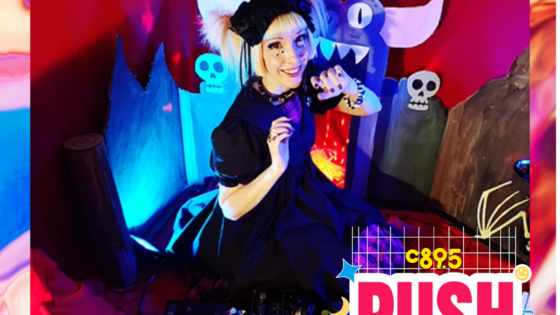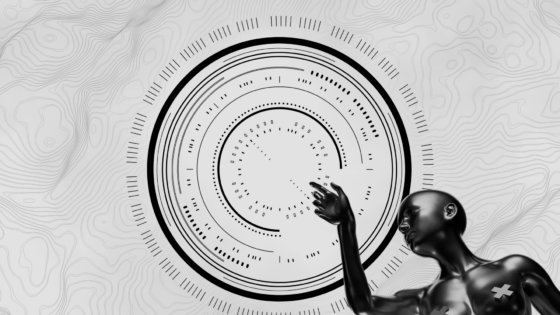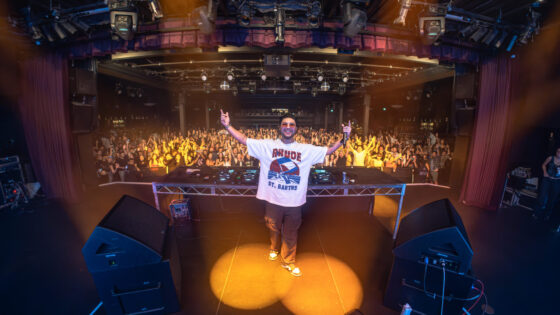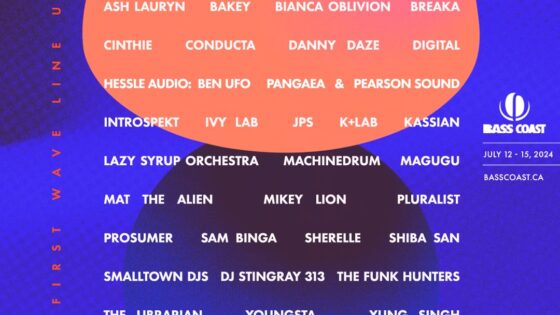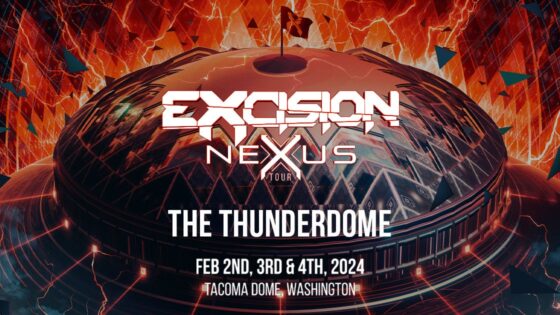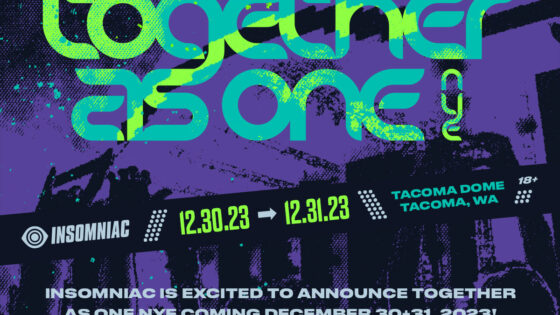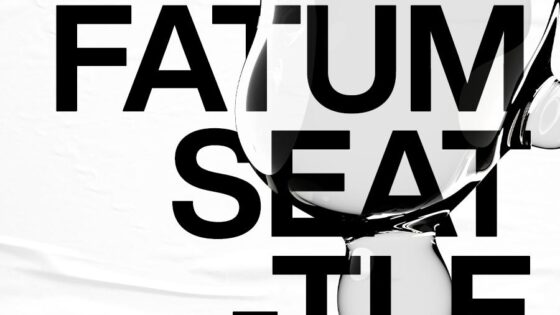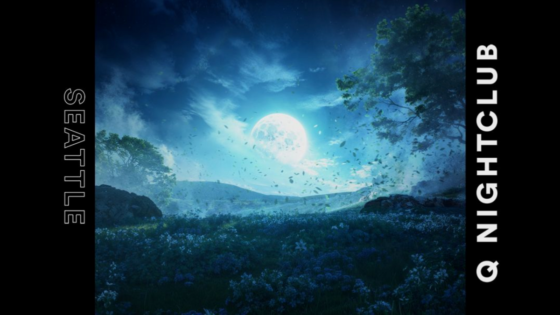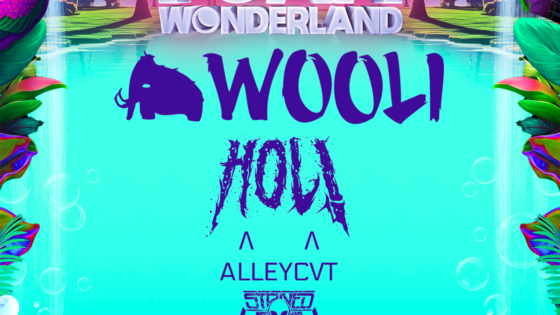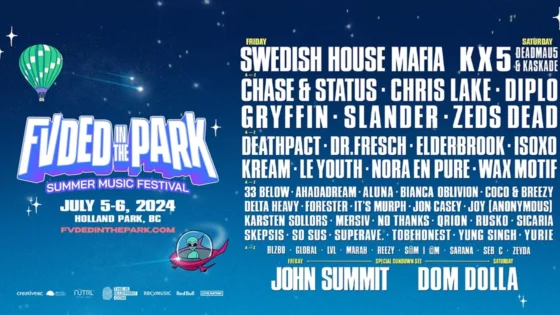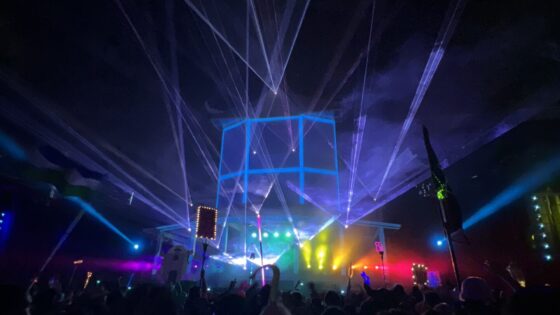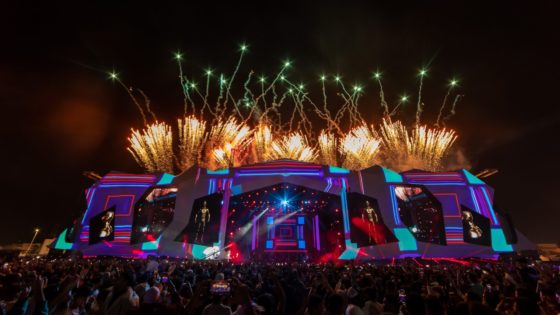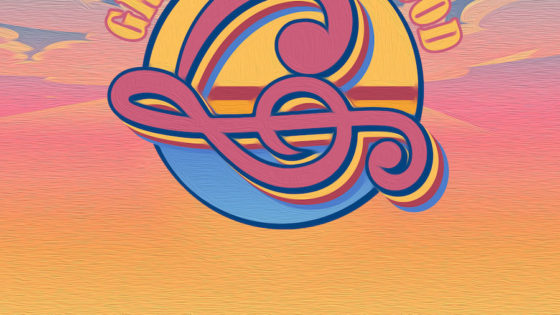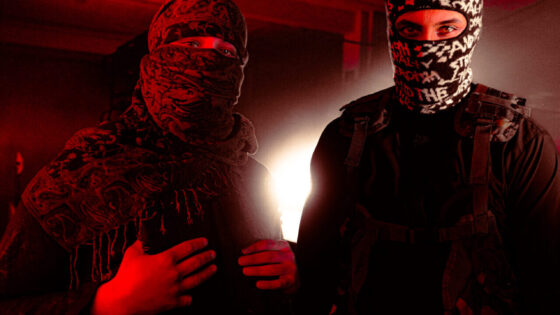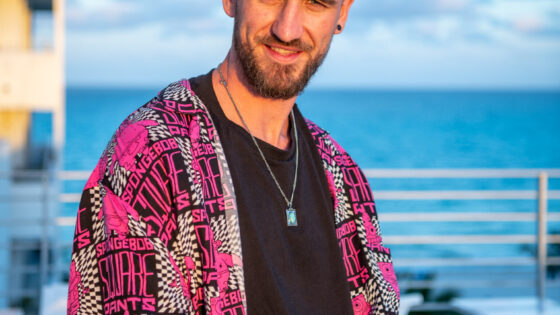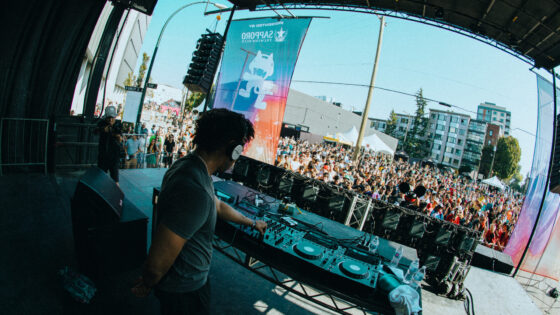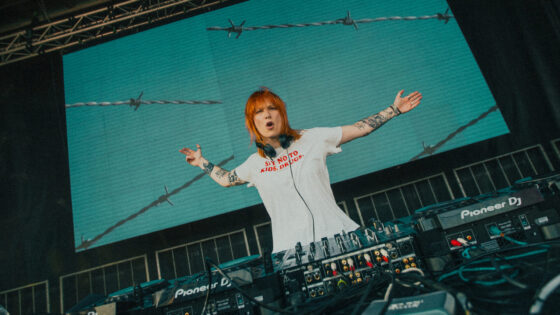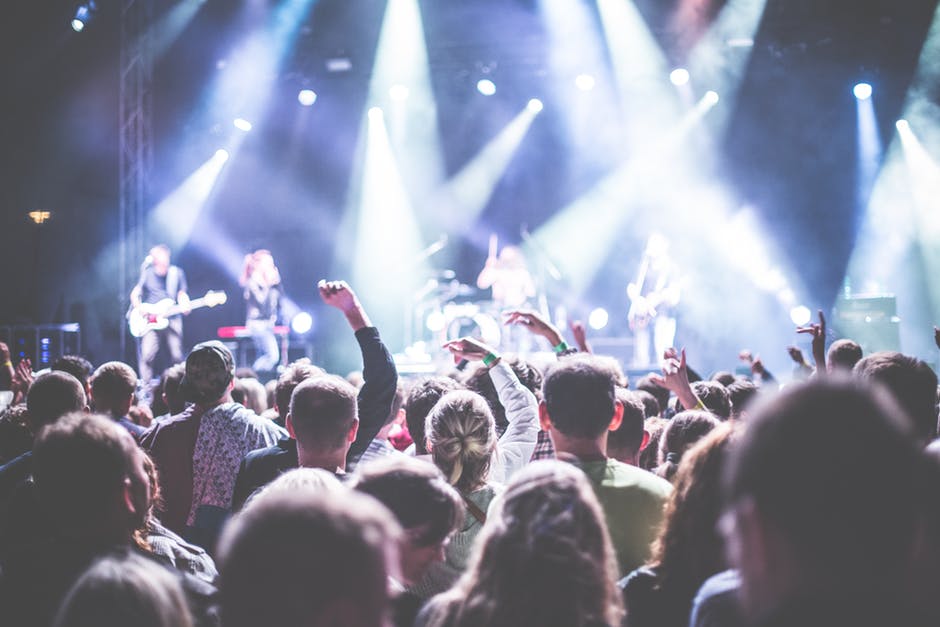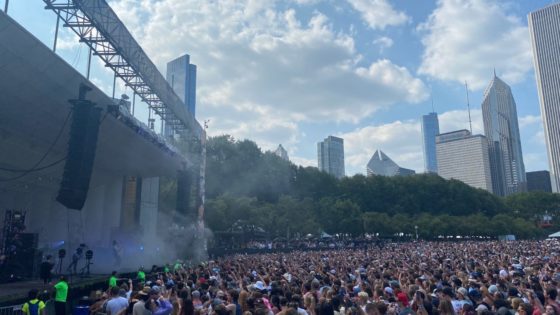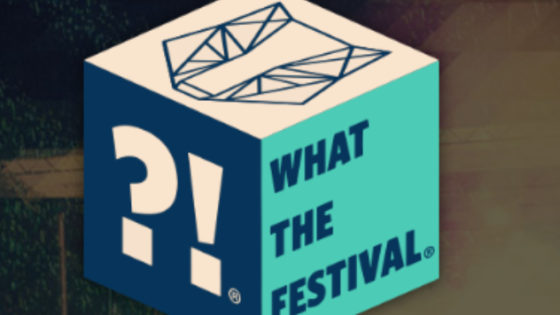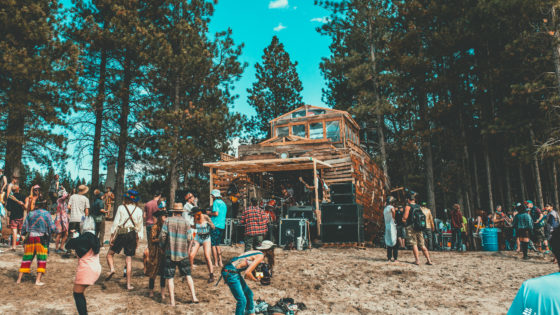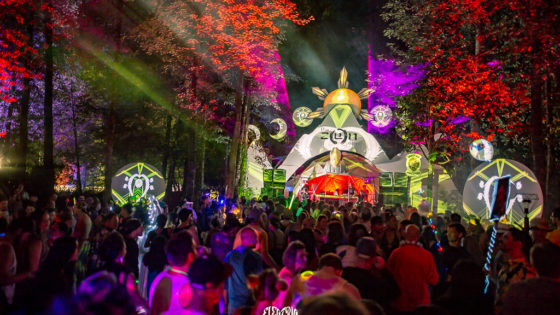We live in an age where music festivals are flourishing like never before. What a time it is to be alive where across America there exists hundreds of events to choose from. It can be a dizzying task to choose which one you and your festival family will check out next. But not so long ago, there was a threat to these festivals that could have meant their doom.
It can be hard to imagine a time when festival vibes were scarce. When music fests were only just taking off they faced a lot of resistance. Beginning in the 1960’s they provided youth with hedonistic love the decade was known for. The vibes however could not last forever, and towards the end of the decade things began to change.
The general public came to fear and resist music festivals
Enter the Altamount Speedway Free Festival of 1969. This rock fest had hired Hell’s Angels to do security work on top of already violent crowds at the event. Tensions came to a head with the violent stabbing death of Meredith Hunter. After forced removal from the stage, the 18-year-old from Berkeley reportedly returned with a gun.
As a result of this incident, organizing music festivals grew increasingly difficult. Organizers in Florida were even arrested and charged with violating zoning ordinances. Rock festivals had court injunctions in Virginia by county officials. Everywhere there was community resistance that many recognize today as a “not in my back yard” attitude.
Outside of the scene there was hostility. In contrast, there was also many unique issues within it. Those promoting and organizing the festivals had never worked an event in their life. The learning curve was steep, and it seemed like many festivals had a grim future ahead of them.
Poorly planned festivals meant a lot of headache with little reward
Before Fyre Fest, there was Powder Ridge. Held in 1970 it was battling legal issues before it even started. Despite losing the fight to a court injunction, they sold over 20,000 tickets for $20 each. Thousands of young people flocked to the scene expecting performances from Janis Joplin, Fleetwood Mac, and many others.
However, the only artist on the lineup to ignore the injunction was Melanie. Two local bands who happened to be there also gave a performance, and that was it. The music festival had no music to speak of. Many tried waiting it out and in their boredom turned to a “free auction” giving away everything from a guitar pick to a candy bar. A report shows that many also turned to imbibing drugs “in great quantities.”
A trend of failing music festivals became all too real. Rock festivals began to fade into memories as America grappled with it’s many troubles during the 1970’s. Thwarted by legal issues and without much money, promoters often turned to local clubs and venues for their events. It wouldn’t be until 1991 that music festivals gain momentum once more.
[listicle-in-article-ad]
In comes Lollapalooza to institutionalize itself and save music fests
Originally the festival emerged as a farewell tour for Jane’s Addiction and many other bands. The New York Times titled it “Woodstock for the Lost Generation” and described it as “a cultural smorgasbord, with a diverse array of tents, booths and displays exploring a number of political, environmental, human rights and cultural issues.”
The festival did things differently; in contrast to a 500,000 person event on farmland, they traveled to established venues to seat 15,000. Tapping into the angst and discontent of modern youth Lollapalooza aimed to bring back a rock-and-roll sense of rebellion, established by Jane’s Addiction’s frontman Perry Farrell, drummer Stephen Perkins, along with Marc Geiger and Don Muller from Triad Artists from the group’s booking agency.
After attending Britain’s Reading Festival the year before as spectators, Jane’s Addiction was impressed with the atmosphere of the festival. They knew the United States was missing something like this, and after some thought put together a mobile music festival like nothing the U.S. had ever seen before. Eventually, more festivals began to step into the ring, becoming annual events for years to come.
Our most favorite way to have fun in the sun and let loose is starting to grow into part of our cultural makeup. They’re some of our most sought after getaways and escapes from life’s stress. Even though this journey had many ups and downs, problems to sort out and kinks to unravel, it’s ended in the golden era of music festivals we know today.
What’s your favorite music festival? What are you looking forward to attending this summer? Any favorites you’ve attended so far? Let us know in the comments!
Important things happen in Pacific Northwest nightlife, and DMNW will send you alerts!



